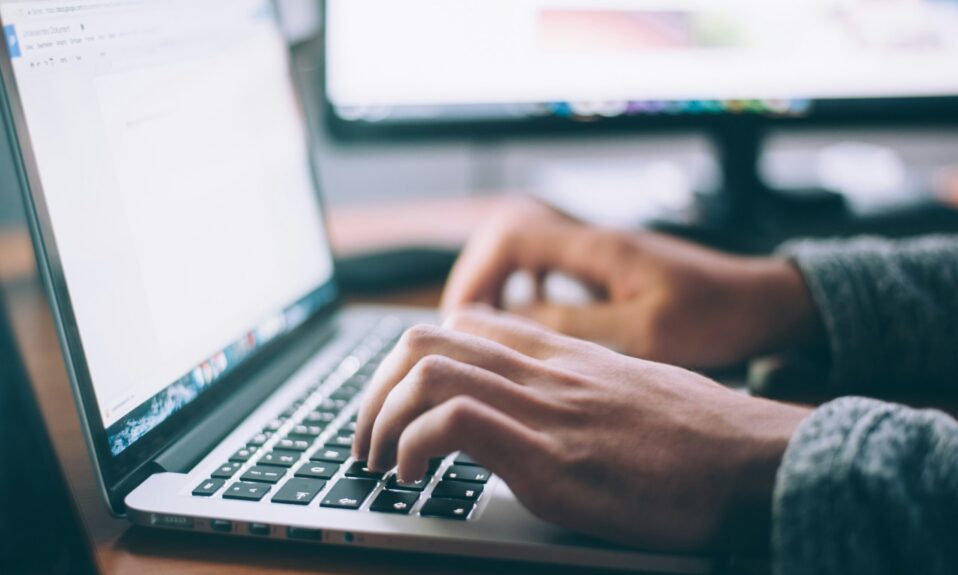- Why do you think feedback from others is important?
Feedback is essential since it helps improve one’s performance and development. It offers information that determines the areas that require attention during development. For instance, receiving feedback at the workplace made me enhance my communication skills and achieve set goals. Feedback is the key to improving organizational performance, so it is crucial for enabling constant self- and career development.
- Describe your perceptions regarding receiving feedback. How does receiving feedback make you feel? How can you improve your reaction to feedback?
Getting feedback is challenging; however, it is necessary for personal and organizational progress. Feedback often offended me, but it helped me enhance my productivity. To strengthen my reaction to feedback, I would listen with an open mind to improve my performance. Thus, it is possible to develop an attitude of gratefulness towards feedback and learn how to apply it for personal development and improvement.
- Describe how you can use past feedback to inform how you give and receive feedback now. What have you learned from past experiences in which you received feedback?
I apply past feedback to how I provide and receive feedback in the present by focusing on clarity, understanding, and timing. These aspects are essential to ensure feedback is received and responded to correctly. For instance, when I received detailed and timely feedback, it was easier to note that given areas required enhancement, and therefore, the results were more satisfactory. In previous years, I realized that positive and direct comments are helpful in the development process. These lessons helped me be more careful and polite when correcting or commenting on other people’s work, and I always tried to provide helpful feedback.
- Describe diversity awareness’s impact on giving and receiving feedback when communicating and collaborating with others. What problems could you run into if you do not understand diversity awareness when communicating and collaborating with others?
Diversity awareness is crucial in determining how to give and receive feedback since it includes communication which accounts for inclusiveness. It is easier to respond less offensively when people understand other people’s culture. In this regard, feedback becomes more effective and team members are less likely to misconstrue it. For example, while working in a team, appreciating the diversity of communication patterns prevents misunderstanding among team members. Without diversity awareness, you will likely experience miscommunication, offense, and decreased group cohesiveness. A lack of cultural sensitivity could make feedback received seem rude or unappreciated. This approach can cause a lack of smooth working relations, slow working rates, and demoralization of workers.
- Describe how you can use strategies for interacting with diverse groups of people as you give and receive feedback.
To effectively give and receive feedback in diverse groups, I use two key strategies: respect for cultures and openness to listening. Cultural etiquette entails grasping how various cultures within the society communicate. For instance, I can modify how I give feedback depending on the culture of the people to be acceptable to them. As such, cultural competence reduces conflict and encourages good relationships. Active listening is another crucial strategy, ensuring I fully understand others’ perspectives before responding. For instance, I can provide more relevant and thoughtful feedback by carefully listening to a colleague’s concerns. This strategy strengthens relationships and promotes a more inclusive, collaborative environment. Therefore, active listening and cultural sensitivity are vital to interacting with diverse settings.









